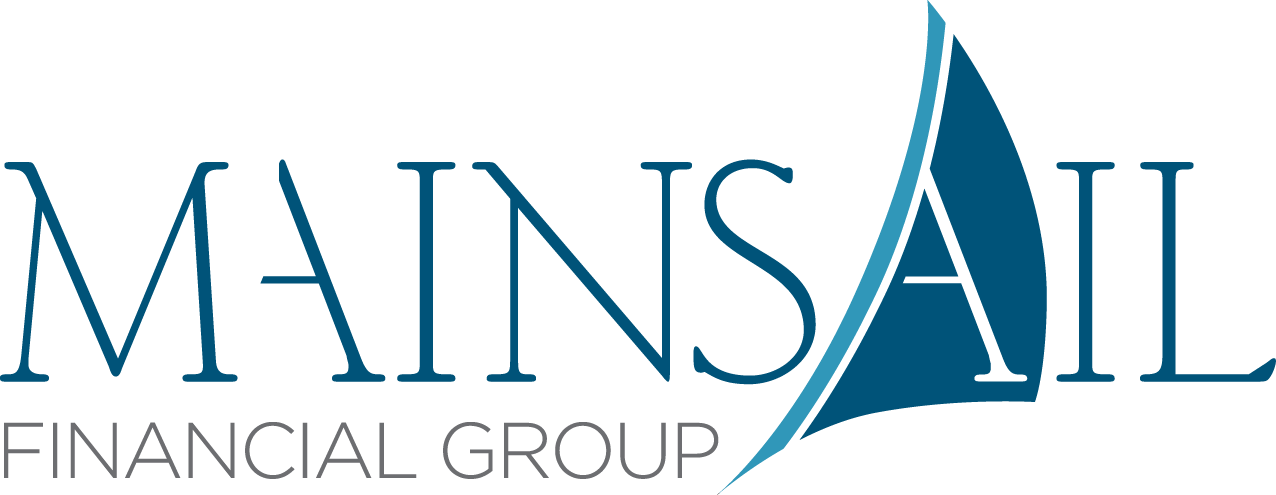Why You Should Pay for Advice from a Fee-Only Financial Advisor
At first, it may sound counterintuitive, but you should want to pay fees to your advisor. Why? Because as the old adage goes, there’s no such thing as a free lunch, and in order to get truly objective advice, choosing a fiduciary, fee-only financial advisor who provides objective advice prevents you from being sold products that may not help you realize your financial goals.
Someone I know reached out to me recently. They recently started working with a "financial planner” who claimed these clients weren’t paying anything for his advice. He claimed the company pays him and that there is nothing they pay for as clients other than the money that goes directly into the “investment”.
If you hear this, please ask questions. You are always paying in one way or another. After some more digging, I found out the “planner” was trying to sell them a life insurance policy and claiming it was a retirement investment. There are times where products are necessary but when the individual selling these products dresses them up as something they are not, or is not clear on the actual product being purchased, it can cause a lot of financial trouble for unsuspecting consumers.
Are you prepared for taxes in retirement?
For more long term tax planning strategies, claim your FREE copy of Brandon’s book, Retire by Design!
This fellow suggested it was an investment vehicle, it has no cost, and he is paid by the company they are “investing” in. For a retiree, there are only a few situations where this would be in their best interest. Whenever you receive “free” advice, please understand there are always underlying considerations to weigh. We often hear of “free” financial planning from your bank while the bank representative tries to sell you banking products, such as mortgages, credit cards, lines of credit, etc. Or, it might be “free” financial planning from insurance agents while they sell you insurance products, such as life insurance, annuities, or long term care. Even more confusing are “free” investment platforms that instead make money by selling your data or leveraging your money beyond typical standards.
Unfortunately, our industry is full of financial planners that come in all different flavors and expertise. Although there is no clear way to filter out financial planners who focus on products by title or designation, finding an advisor who is ONLY compensated by the fees you pay directly is the best first step. Applying this filter of compensation structure helps to ensure that the advisor you are working with is always a fiduciary to you, has as few conflicts as possible, and has no underlying incentives to push products. As you may imagine, it can be difficult to find this type of relationship with an advisor through a large bank or insurance company, as their employer often puts a lot of pressure on them to utilize their products.
Are you making a critical retirement planning mistake?
To learn retirement distribution strategies and develop a thoughtful income strategy, click here to claim your FREE online course!
Looking into designations can be an important factor as well, but unfortunately even CFP®s (Certified Financial Planners) all do not work in the same capacity. Simply finding a CFP® does not necessarily mean they always act in your best interest. As an example, you could find three CFP®s in your area and find out that all three are compensated entirely differently and each have conflicts of interest due to this compensation structure. Rather, starting with how the advisor or firm is compensated and then narrowing it down further by designations and expertise is a more effective way to find a fiduciary advisor who best fits your needs.
In order to get quality, objective advice, please consider working with a fee-only financial advisor to reduce conflicts.
Remember, you should want to pay directly for the advice you receive to get the most objective, highest quality guidance for your needs, and to ensure you aren't simply being sold a product packaged as “advice”. If you are looking for advice (and not just products), paying a fee for it is critical and the first stop for finding a fiduciary relationship. There is a place for products, such as insurance, and certain times when someone may simply be looking for an agent or specialist to help them with a product type of solution. But if you're looking for advice in a holistic manner, a fiduciary advisor who always puts your interests first and provides an ongoing advisory relationship, then paying a fee through assets under management or through consulting is what to look for.
For more information about working with a financial advisor, and some points to consider, please visit our additional resources below. Additionally, if you would like to learn more about working with a member of our financial advisory team, please do not hesitate to schedule a call today.

